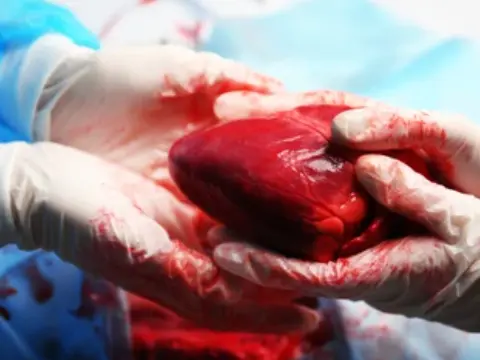 Welcome
Welcome
“May all be happy, may all be healed, may all be at peace and may no one ever suffer."
Acute graft rejection in renal transplantation - Generics
Acute graft rejection is a potential complication following kidney transplantation, in which the immune system of the recipient attacks and damages the transplanted kidney. Acute rejection typically occurs within the first few weeks or months after transplantation and can cause the transplanted kidney to fail.
Symptoms of acute graft rejection may include:
- Decreased urine output
- Swelling or tenderness in the area of the transplanted kidney
- Elevated blood pressure
- Fever
- Flu-like symptoms such as fatigue, chills, and body aches
Diagnosis of acute graft rejection typically involves a biopsy of the transplanted kidney to confirm the presence of immune-mediated damage. Treatment may involve medications to suppress the immune system, such as corticosteroids, calcineurin inhibitors, or antiproliferative agents. In some cases, a course of high-dose intravenous immunoglobulin (IVIG) may be administered to help reduce inflammation and promote healing.
Prevention of acute graft rejection involves close monitoring of the recipient's immune system function and adherence to immunosuppressive medications. The use of induction therapy with antibodies that target specific immune cells may also help to reduce the risk of acute rejection. In addition, avoiding exposure to infections and minimizing exposure to environmental toxins can also help to reduce the risk of graft rejection.
It is important for kidney transplant recipients to work closely with their healthcare team to develop a personalized treatment plan that addresses both the underlying condition and any potential complications such as acute graft rejection. With proper management, many kidney transplant recipients can enjoy improved quality of life and long-term survival.

Dyspareunia

Iodine deficiency

Organ transplantation

Partial seizures

Intertrigo

Dysmenorrhoea

Pernicious anemia

Septic abortion
Acute graft rejection in renal transplantation, রেনাল ট্রান্সপ্ল্যান্টেশনে তীব্র গ্রাফ্ট প্রত্যাখ্যান
To be happy, beautiful, healthy, wealthy, hale and long-lived stay with DM3S.